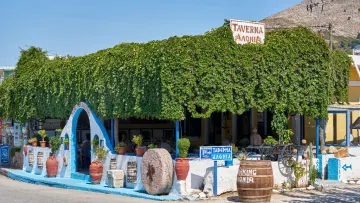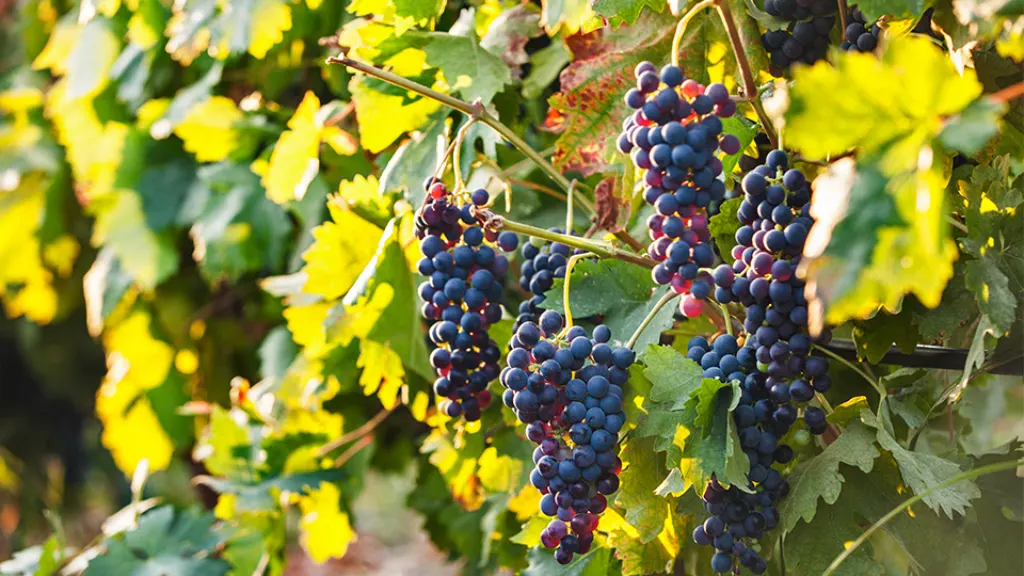
The Remarkable Wines of Rhodes: A Guide to the Island's Rich History and Diverse Varieties
Rhodes, one of the largest islands in the Dodecanese, is a famous tourist destination that has also built up a reputation for its wines. The island's long history of wine production dates back to ancient times, with a strong maritime presence that enabled it to export wine to other regions. Today, Rhodes has two protected designations of origin (PDO) wines, including white wines, rosés, reds, and sparkling wines made from a blend of native and international grapes. In this article, we will delve into the island's wine history, explore its vineyards, and highlight some of its most popular wineries.
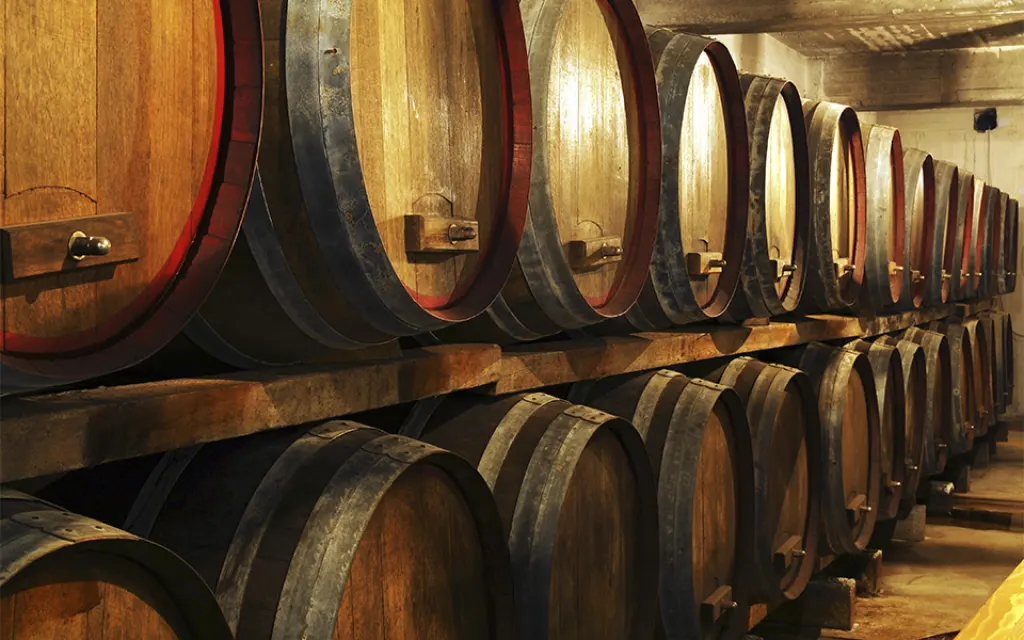
Rhodes' wine production dates back to the 7th century BC, with archaeological finds and historical proof attesting to the importance of Rhodian amphorae in transporting wine from the island. Rhodian wine was distinguished by an engraving of a rose or of Helios, the sun god, confirming that the wine was made from Rhodian grapes. This was a precursor to the appellation of origin system established centuries later in Europe. As one of the first Greek islands to engage in grape cultivation, Rhodes was the biggest wine exporter in the region.
Rhodes' grape-growing heartland is centered around Mount Attavyros, which is 1215m high, and is a beautiful, Natura 2000-protected area with verdant valleys, pine forests, and a cypress forest in Embonas that is a designated natural monument. The best vines grow at an altitude of 650-700 meters. The vineyards are low-yield and are exposed to the Aegean's strong northerly winds that moderate the high temperatures and provide a favorable climate for high-quality grapes. The island's main grape varieties are Athiri and Amorgiano, together with two Muscats, the petits grains, and the Di Trani, a clone of Muscat introduced by the Italians from Puglia. In the limestone-rich soil of Attavyros, there are Athiri vines over 70 years old that stand the passage of time well, acquiring a more concentrated and layered character.
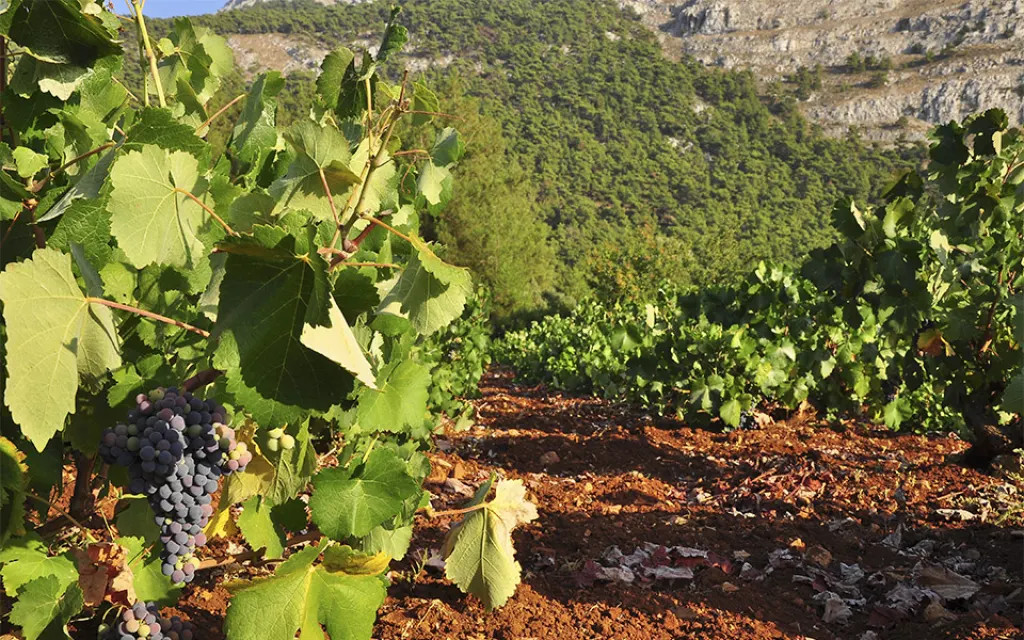
As far as reds go, the dominant variety is Amorgiano, which is in fact a Mandilaria that bears this name here because locals believe it came from the island of Amorgos. Traditionally, it gives rustic wines with aggressive tannins, an intense color, and high acidity that are tough to enjoy when they are still young. The abundance of this variety means that it is often blended with other grapes to smooth the edges of its rugged nature.
Rhodes has two PDO wines, PDO Rhodes, and PDO Muscat of Rhodes. PDO Rhodes refers to white wines (with a minimum of 70 percent Athiri blended with Malagousia and Assyrtiko), rosés, and reds (70 percent Mandilaria minimum with Mavrothiriko), while it has also included sparkling wines since 2011. PDO Muscat of Rhodes is made from white Muscat Blanc and Muscat di Trani. Despite the abundance of native varieties, winemakers also cultivate international grapes, foremost among them the Grenache Rouge, whose high yields have resulted in problems with quality.
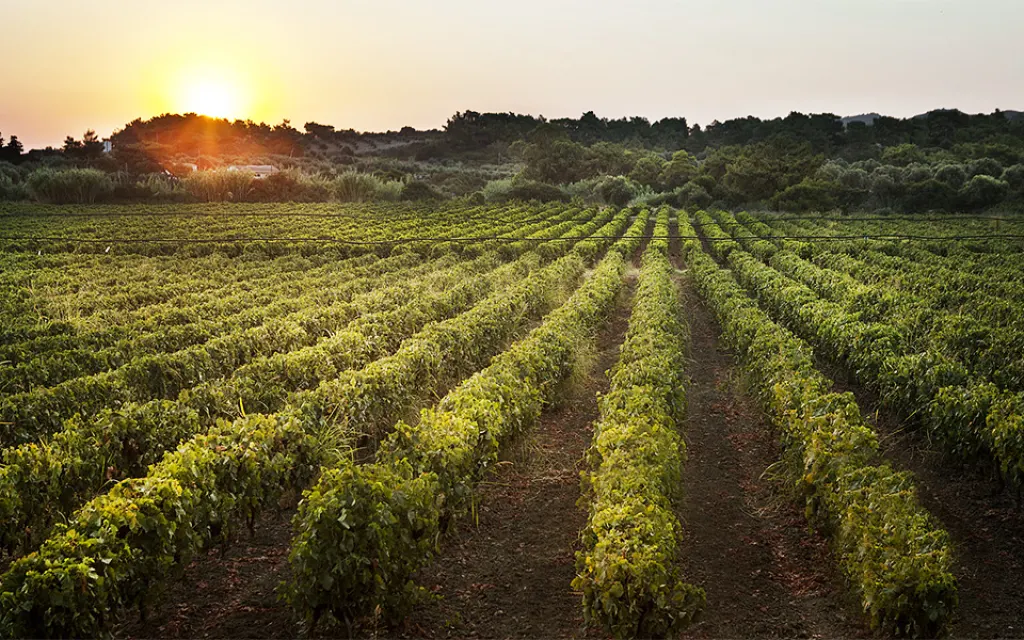
Rhodes' wine industry is intrinsically linked to the acronym CAIR (Compagnia Agricola Industriale Rodi), a winery established in 1928 by a group of Italian investors. This winery was responsible not only for keeping grape cultivation alive, but also for making Rhodes one of the few wine-producing areas in Greece whose vineyards expanded after World War II. The company came under the ownership of the Bodossakis Group after the Dodecanese islands became part of the Greek state in 1947.

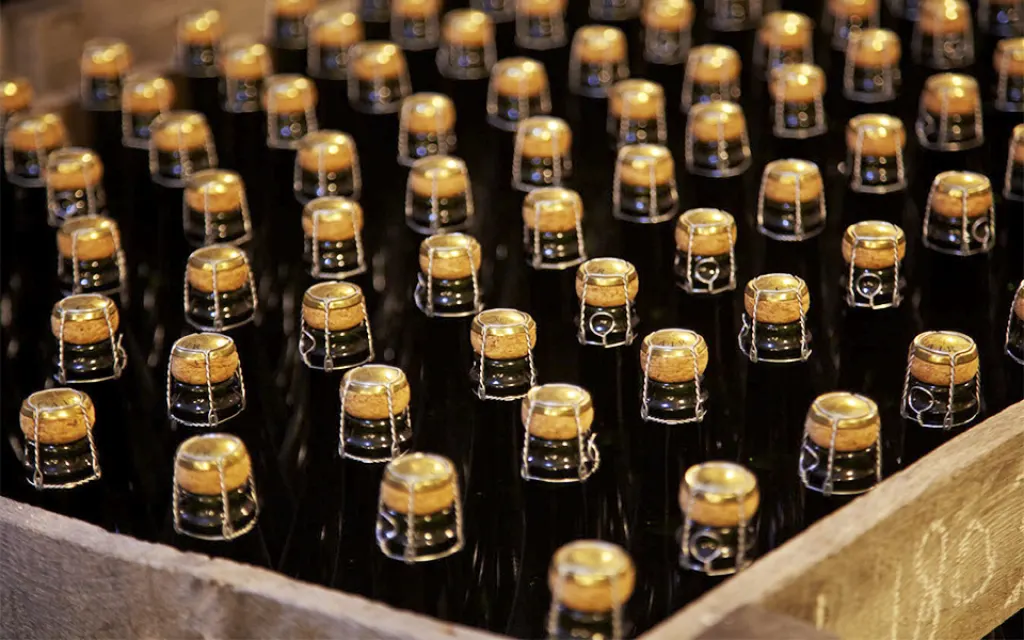
Despite the challenges faced by the wine industry on Rhodes, it has managed to stay afloat and even thrive in recent years. This is due in large part to the efforts of dedicated winemakers who are passionate about the island's rich winemaking history and the unique terroir of its vineyards. Many of these winemakers are members of the Rhodian Wine Producers Association, which was established in 2004 to promote the island's wines and support the growth of the industry.
Rhodes’ other big producer is Emery, founded in 1923 and named after Emery d’ Amboise, the 41st Grand Master of the Knights of St John, who served in that position from 1503 to 1512. The company is now run by the third generation of the Triantafylloy family. It’s been producing wine since the mid – 1960s and built its current winery – one of the biggest in Greece – in 1974 in the village of Embonas, at an altitude of 700 meters. The vineyards, cultivated on the northwesterly slopes of Mt Attavyros, are renowned for the quality of their Athiri and Amorgiano grapes.
There are, in addition, a few small artisanal wineries in Rhodes, such as the Alexandris Family Winery, which has been around since 1968 and is producing some very interesting wines under the direction of third-generation winemaker Panayiotis Alexandris, a graduate of Montpellier’s famed university. The winery has around four hectares of vines producing just 20,000 bottles a year, with each label representing about 2,000 bottles. Aged examples of own-rooted Athiri from an altitude of 700 meters that matures for 11 months on the lees are more powerful than what we expect from this variety, with an intense smokiness and a long aftertaste. There are other interesting small wineries as well, including Kounakis and Tatakis.
The island’s lengthy history in winemaking is well known and its potential for producing high-quality wines is great. Rhodes has yet not achieved the same success as other Greek islands like Santorini, Paros or Kefalonia; nonetheless, it is an outstanding wine tourism destination offering a plethora of exciting wines, made from both indigenous and international varieties.
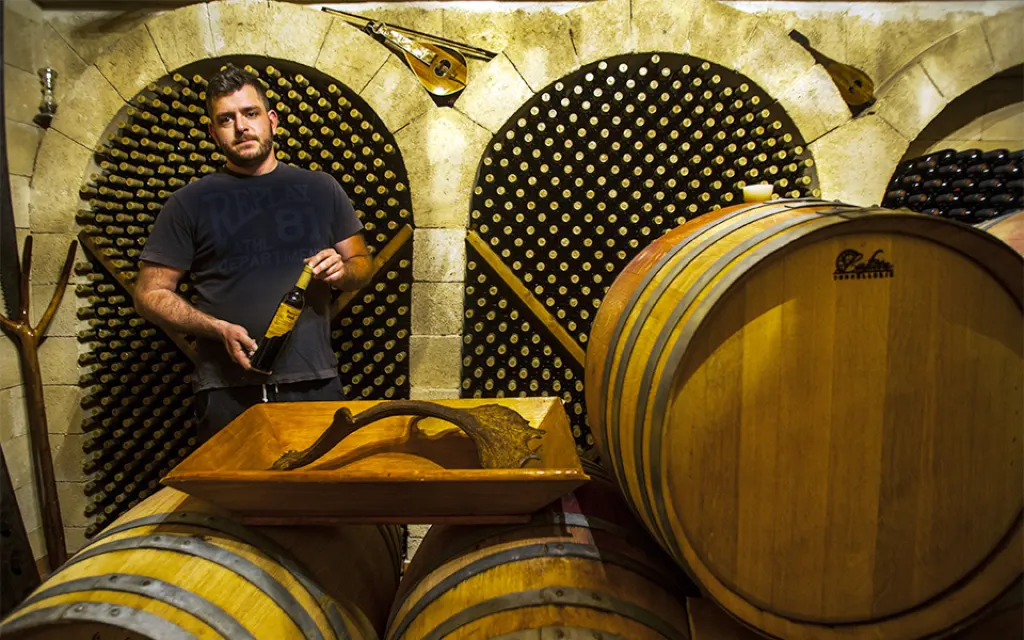
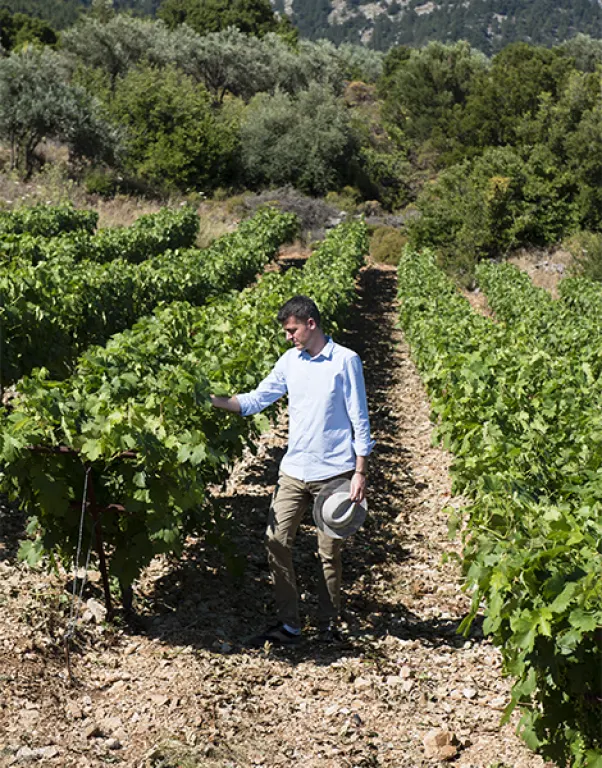
The wines of Rhodes are a testament to the island's rich winemaking history and the unique terroir of its vineyards. From the ancient Rhodian amphorae that transported wine across the Mediterranean to the modern wineries that are producing high-quality wines today, the island has a storied past and a bright future when it comes to winemaking.
Whether you're a wine connoisseur or just a lover of good wine, the remarkable wines of Rhodes are not to be missed.

